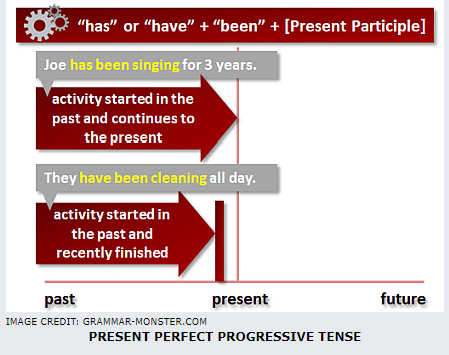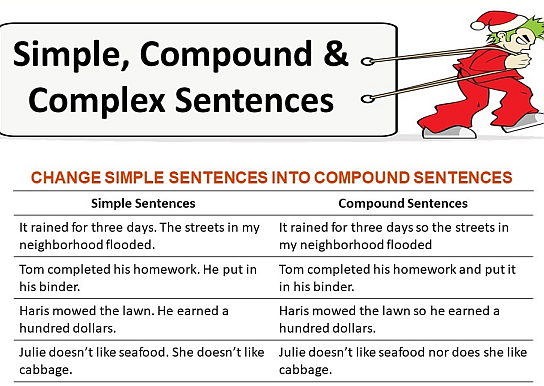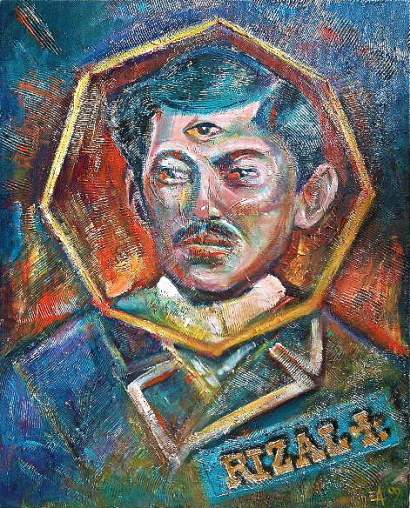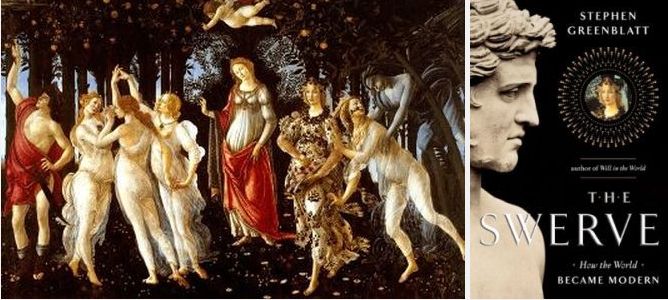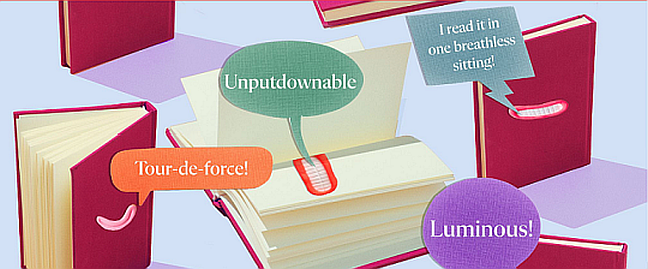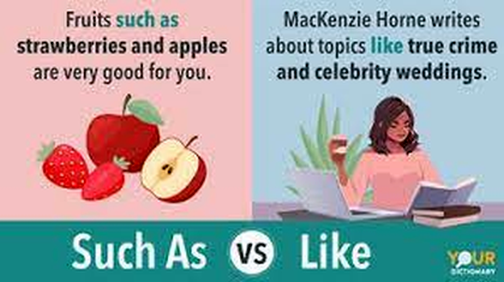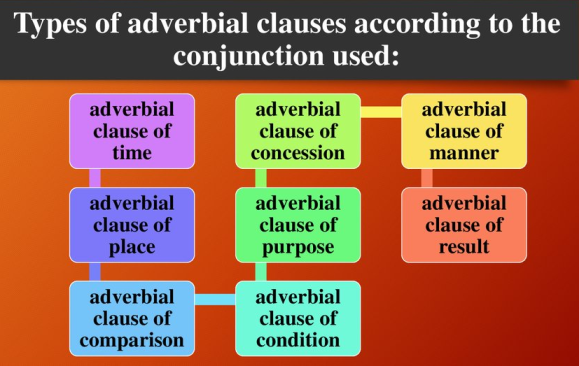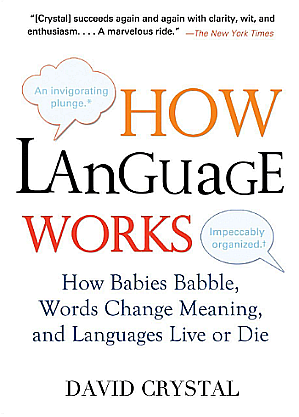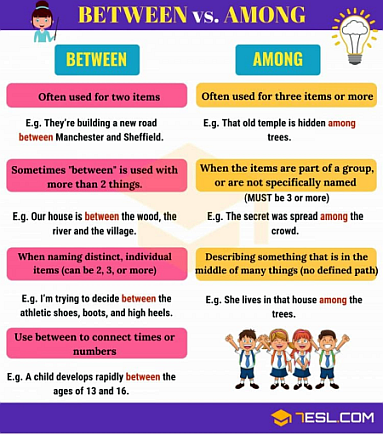61
Lounge / Five scientists and five artists who take inspiration from one another
« Last post by Joe Carillo on December 31, 2023, 10:27:19 AM »In her article “Talk About the Passion” for the online website Nautilus, its associate editor Kristen French interviewed five scientists and five artists who don’t see a rift between their fields but instead take inspiration from one another. Their responses gave her the distinct impression that today’s scientists and artists are players in a new cultural Renaissance, or at least a throwback to the old one, when scientists were artists and artists were scientists.
“Their answers, in their own words, [were] personal, idiosyncratic, and driven by deep curiosity, just like science and art themselves.” Kristen French observed.
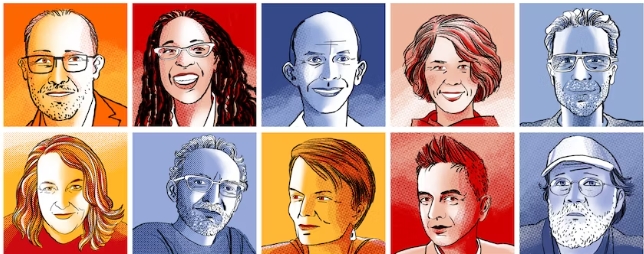
The respondents to her interviews were these five scientists—the astrobiologist Caleb Scharf, cognitive scientist Anil Seth, physicist Sabine Hossenfelder, evolutionary biologist Sean B. Carroll, and linguist Julie Sedivy—and as many artists—poet Camille Dungy, photographer Ian Ven Coller, multimedia artist Lynn Hershman Leeson, writer Jonathan Weiner, and musician Vijay Iyer.
Take astrobiologist Caleb Scharf’s candid reply: “If I’m really honest, and being unpretentious, the creative force that has most influenced me as a scientist is science fiction. As a very young kid, I watched a fair amount of Star Trek on TV, which was very influential because it triggered the idea that there could be things beyond normal perception, beyond my everyday experience of the world.”
Read “Talk About the Passion” in full in the online website Nautilus now! FOR A TECHNICAL PROBLEM THIS LINK IS NOT CONNECTED UNTIL FURTHER NOTICE
“Their answers, in their own words, [were] personal, idiosyncratic, and driven by deep curiosity, just like science and art themselves.” Kristen French observed.

The respondents to her interviews were these five scientists—the astrobiologist Caleb Scharf, cognitive scientist Anil Seth, physicist Sabine Hossenfelder, evolutionary biologist Sean B. Carroll, and linguist Julie Sedivy—and as many artists—poet Camille Dungy, photographer Ian Ven Coller, multimedia artist Lynn Hershman Leeson, writer Jonathan Weiner, and musician Vijay Iyer.
Take astrobiologist Caleb Scharf’s candid reply: “If I’m really honest, and being unpretentious, the creative force that has most influenced me as a scientist is science fiction. As a very young kid, I watched a fair amount of Star Trek on TV, which was very influential because it triggered the idea that there could be things beyond normal perception, beyond my everyday experience of the world.”
Read “Talk About the Passion” in full in the online website Nautilus now! FOR A TECHNICAL PROBLEM THIS LINK IS NOT CONNECTED UNTIL FURTHER NOTICE


 Recent Posts
Recent Posts


